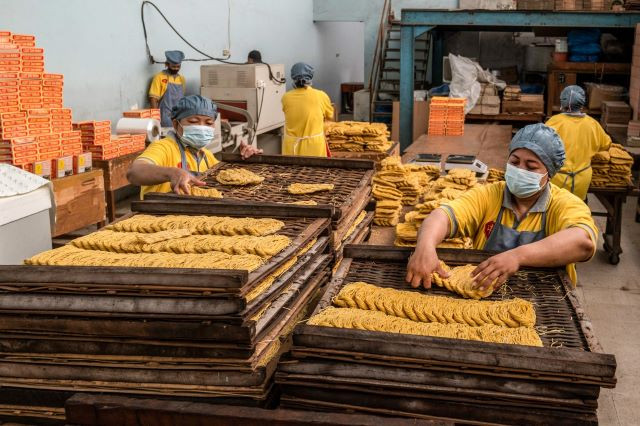Popular Reads
Top Results
Can't find what you're looking for?
View all search resultsPopular Reads
Top Results
Can't find what you're looking for?
View all search resultsPlanting mangrove can save lives
Indonesian singer and goodwill ambassador for the Food and Agriculture Organization (FAO), Anggun, emphasized the importance of replanting mangrove trees in coastal areas, as it could protect people living nearby from future disasters
Change text size
Gift Premium Articles
to Anyone

I
ndonesian singer and goodwill ambassador for the Food and Agriculture Organization (FAO), Anggun, emphasized the importance of replanting mangrove trees in coastal areas, as it could protect people living nearby from future disasters.
“Forest formation along shorelines acts as an efficient natural protection buffer zone from disasters, such as a tsunami. Hence, recovery of this green belt is very important to protect our land from future disasters,” Anggun said during a visit to Muara Angke Kapuk National Park in North Jakarta.
Anggun also said that International Year of Forests 2011 was positive momentum to raise people’s awareness of the importance of forests for society and could contribute to the urgent need to contain deforestation.
“We all benefit from forests because they are the main source of water, clean air, food, medicines and are also a place to live. That is why we need to manage forests wisely,” she said, adding that mangrove forests have also given economic value to farmers and fishermen.
UN-REDD programme officer Rogier J.M. Klaver said that mangrove forests in North Jakarta were under threat, as the number of remaining mangroves in the area had decreased significantly.
“The challenge is to maintain areas like this in a highly-urbanized area such as Jakarta. It’s very important to sustain areas such as this because there is the threat of flooding from the sea. This place provides a buffer,” he said.
“Land in Jakarta is very valuable and interesting for real estate developers, but there must be a certain point where we say stop, no more, because we need to protect this area,” he said, adding that mangroves forests should ideally stretch out at least tens of meters between the actual coast into the sea.
As a part of the visit, Anggun symbolically planted a mangrove tree in the national park. FAO aims to plant 50 mangrove trees during the visit.
FAO has initiated one of the few internationally-financed tsunami projects focused specifically on forest rehabilitation. (swd)









